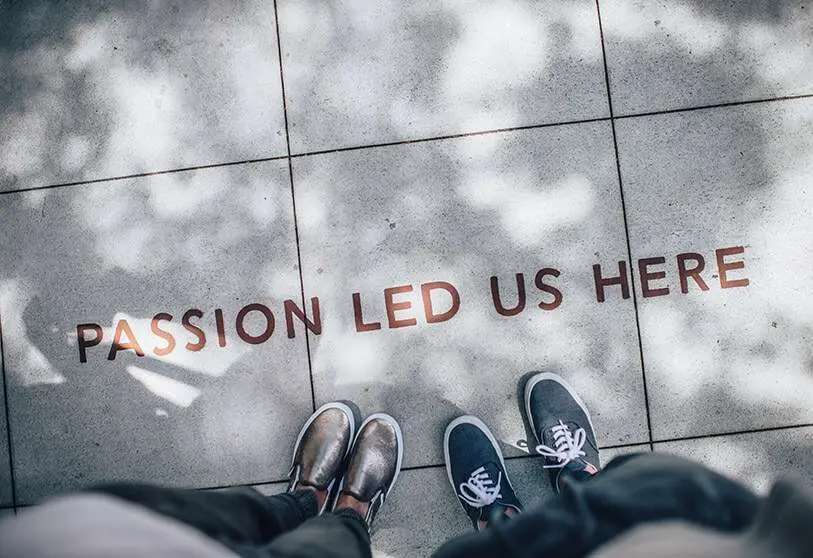Why You Should Dare to Take Risks in Life and in Business

“Risk is your step into the unknown, but also a possible dive into unchartered success”, Lahcen Haddad.
History has taught us that those who dare nothing have nothing. In fact, history unfolds because there are men and women out there who take risks, try new things, think outside the box, challenge themselves, and navigate the unknown. As Helen Keller put it, “life is either a daring adventure or nothing at all.”
But risk-taking is different from rash behavior or recklessness. As we will see below, successful entrepreneurs think before they risk — daring does not exclude calculation. As General George S. Patton, the US Third Army Commander in France and Germany after the Allied Invasion of Normandy in June 1944, said, “Take calculated risks. That is quite different from being rash.”
On his deathbed, the famous Arab General, Khalid Ibn El Waleed, who conquered most of the Middle East in the 7th Century AD, said that there was no part of his body that did not witness a wound or a stab by a sword, an arrow or a knife. His body was a field of war. His success was due to his legendary daring to defy death and enemy force. That is why fortune smiled on him, as Virgil said. But General Khalid knew when to retreat, when to regroup — he was a great strategist, in the same manner as he was a smart and brave tactician. Daring and calculation produce results. Without General Khalid, the Muslim Empire would have been different from what it developed into during the centuries that followed the coming of Islam.
A successful entrepreneur will always challenge him/herself “by choosing a task that is not too easy but possible” (Marina Fanning and EDP experts). If it were easy, then everybody would understand it and do it. But it must be possible- the entrepreneur is not a daydreamer fantasizing about an imaginary world, but a realistic visionary stepping out of his/her intellectual comfort zone to unchartered territories with circumspection and calculated moves. They take risks but they are careful people, measuring everything, even ordinary tasks as EDP experts say, before taking decisions.
But the risk has to be calculated. Entrepreneurs factor in the possibility of failure but they try their best to ensure the risk is tolerable. Risk is their gateway to success but could lead to failure as well. That is why they try as much as possible to bend it their way, to mitigate it, and to set up Plan B in case Plan A does not work.
Take risks but be prepared for failure. That is what calculated risk means. Investing in stocks could be a risky business, but you could modulate your portfolio by having 75% shares (more risk but possible higher lead) and 25 % in guaranteed bonds (low yield but low risk) while young, and fifty-fifty at middle age, while flipping when you are beyond sixty to 75 % credit default swaps (CDS) and 25 % shares. You risk more while young and risk less beyond 60.
As Christopher Avery, CEO and Founder of The Responsibility Company, said, “Taking responsibility is a commitment to own your life, to self-leadership, growth, and freedom.” The same way successful entrepreneurs feel independent and empowered to take calculated risks, they also feel responsible for their actions, no matter if they succeed or fail.
But taking risks is not gambling; money is not the primary interest of the entrepreneur; his/her primary concern is the task at hand; “money is only an indicator of success” (EDP). Money could be a factor and in that case, the entrepreneur “chooses the best option that ensures a return on investment, albeit small” (EDP). Assessment of success is key to risk-taking: what are my chances of succeeding? Is the risk I am taking rash? Is failure possible? Should I be concerned that failure will be too big? What is the indicator of my success? Is it money? How much of it? These are the main questions that the successful entrepreneur asks constantly.

